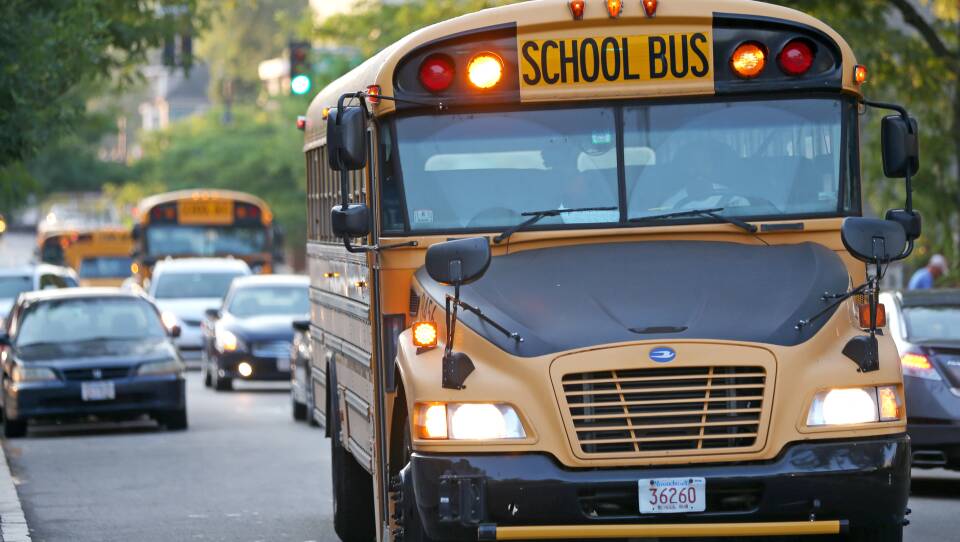Massachusetts students will return to one of three different models of schooling in the fall, depending on how much their communities have been affected by the COVID-19 pandemic. During an interview with Boston Public Radio on Monday, Commissioner for Elementary and Secondary Education Jeffrey Riley said that the schools will either reopen fully, with social distancing measures put in place, in a “hybrid” fashion that will mix remote learning with in-person instruction, or continue to be fully online.
According to a recent poll conducted by WGBH News and Suffolk University, a significant number of parents are still hesitant about reopening schools in the fall due to the threat of spreading COVID-19. COVID-19 is easily transmittable in large gatherings, and evidence has shown that there is a strong likelihood it lingers in indoor settings.
Dr. Sandra Nelson, an infectious diseases specialist at Massachusetts General Hospital who has been working with Gov. Charlie Baker’s administration on its guidance for reopening schools, said children are less likely to acquire and spread COVID-19 .
“Well we certainly know that young children are less likely to acquire infection with COVID. We know this from a number of different types of studies ... that children just don’t get COVID when they’re exposed at the same proportions that adults do,” Nelson said during an interview with Boston Public Radio on Monday.
Nelson acknowledged that outbreaks of COVID-19 have occurred in schools before, but said that those outbreaks happened in areas where there was already a high rate of transmission of the disease within the larger community. She said that schools are likely to only be risk factors if there is already a high rate of transmission in the district.
When schools reopen, Riley said they will need to take on extra precautions, including maintaining a stockpile of personal protective equipment. The commissioner warned that districts will need to spend more than in previous years to ensure safety, despite the amount of funding they’ll receive from the state or other resources still being unclear.
“I think it does require additional money,” Riley said. “We’ve put in our guidance that districts should plan for a level service plus, and that means at least what you had last year plus the additional costs that come with safety supplies, with staffing, and with other things that we need to do to make sure that our kids and teachers are safe.”
Noting that the safety of their staff and students is paramount, Riley cautioned that the districts and the state should also be mindful of the damaging impact keeping students out of school can have. Though some students have been able to transition to distance learning easily, Riley said many have also been left behind since schools closed their campuses.
“We’ve seen special education students who have regressed significantly. We know that it’s hard to teach reading, almost impossible, remotely to kindergarten and first-graders,” Riley said. “So, there are serious costs that come with kids not being in school, but again, we’ve always got to measure the safety of our kids and teachers with the costs that come from not being in school.”
Riley is the Commissioner of Elementary and Secondary Education for the Commonwealth of Massachusetts. Dr. Sandra Nelson is an infectious diseases expert at Massachusetts General Hospital, and is advising the Baker administration on their school reopening guidances.




